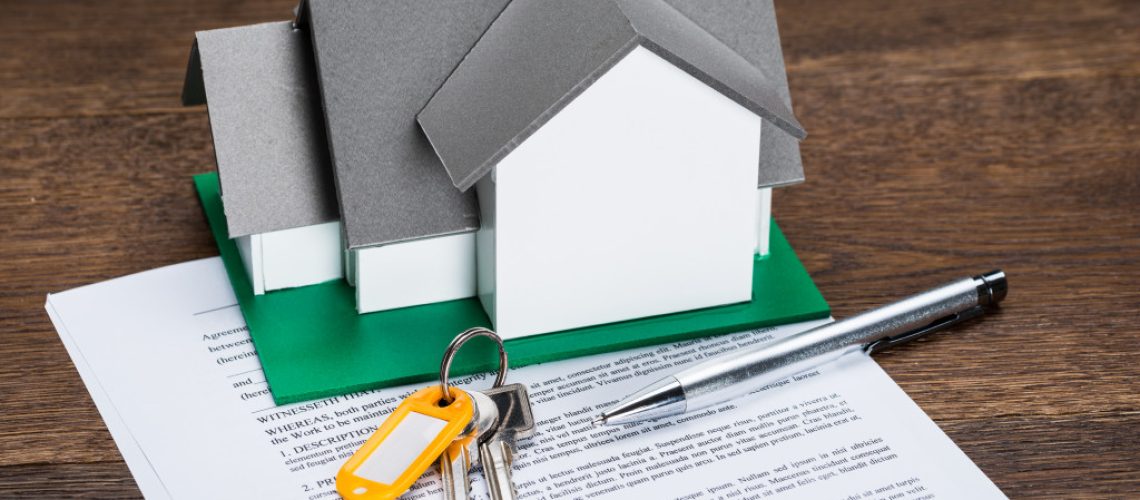- Prepare the property for rent by repairing and updating outdated elements, ensuring safety and security, and updating the interior.
- Understand the legalities and insurance requirements to protect your interests as a landlord.
- Screen tenants carefully to ensure they are reliable, responsible, and have the means to pay rent on time.
- Consider hiring a property management company to handle administrative tasks and provide professional customer service.
Are you a homeowner considering renting out your property for the first time? Whether it’s an investment property or your residence, renting your home can be a great way to generate passive income and build your net worth. However, there are a few things you need to know before taking the plunge into being a landlord. This guide will walk you through the entire process—from preparing your property to finding the right tenants and everything in between.
Preparing Your Property for Rent
The first thing you need to do when renting your property is to ensure it’s in tip-top shape for tenants. This means carrying out the following:
Repair What’s Necessary
Check for worn-out or damaged items, and ensure they are repaired or replaced before the tenant moves in. This includes carpeting, floorboards and tiles, leaky faucets, broken light fixtures, windows, etc. When these are left unchecked, it can lead to bigger issues such as mold and pests.
Update What’s Outdated
Are there outdated elements of your property that need to be updated? This can include everything from paint, furniture, and appliances to light fixtures, faucets, and even the landscaping outside. Keeping these aspects fresh and up-to-date will make it easier for you to attract high-quality tenants.
Consider Safety and Security
Safety is a top priority when preparing your property for rent. Ensure that all the smoke detectors are in working order and that any outdoor areas are well-lit and secure. Additionally, if you have a pool or hot tub on the premises, consider installing a fence around them for safety.
Update Interior
If your property has been sitting idle for a while, it’s important to go through and update the interior. Consider updating furniture, appliances, window treatments, and light fixtures to make your property more appealing to prospective tenants.

Understanding the Legalities and Insurance
Before renting your property, it’s essential to familiarize yourself with local laws and regulations governing landlord-tenant relationships. These laws vary by state and municipality, so research is crucial. Topics you should be knowledgeable about include the following:
Rental Agreement Terms
These are the terms and conditions of your rental agreement. Make sure you include all relevant clauses, such as pet policies, security deposits, who is responsible for repairs, and late fees. It should also include the tenant’s right to privacy and quiet enjoyment of the property.
Insurance Coverage
Having an adequate insurance policy is essential when renting a property. This will protect you from any liabilities arising from accidents or other issues with your tenants. Standard homeowners’ insurance usually doesn’t cover rental properties, so you’ll need a landlord policy that covers the building, your potential liabilities, and loss of rental income in case of a covered claim.
Screening Tenants
It’s important to properly screen all prospective tenants before entering a rental agreement. Check their credit score and verify their income, rental history, and references. This will help ensure that you only rent to reliable and responsible tenants who can pay their rent on time.
Setting the Right Rental Price
Before putting your property on the market, setting a competitive rental price is essential. One of the most effective ways to do this is by conducting market research. Look at comparable rental properties in your area to get a feel for what rental rates are going for. Consider the property’s size, location, amenities, and overall condition. Remember that pricing too high could lead to vacancies, while pricing too low may not cover your property-related expenses.
Hiring a Property Management Company

As a landlord, you can manage the property yourself or hire a property management company. Managing a rental property can be time-consuming and stressful, especially if you have other responsibilities or manage multiple properties. A property management rental company can handle all the administrative and maintenance tasks required to keep your property running smoothly. Here are the benefits of hiring a property management company:
- Lower tenant turnover rate: A property management company will be able to find and retain tenants more quickly, which reduces vacancy times.
- Better tenant screening: Property managers have extensive experience in tenant screening and are often better at spotting potential red flags.
- Professional customer service: A property management company provides professional customer service to tenants. It takes care of all the administrative tasks associated with rental properties.
- Peace of mind: With a property management company, you can be sure that everything is done according to the law and your rental agreement terms.
- Time savings: Hiring a property manager will give you more time to focus on other important matters.
Having a rental property can be a lucrative and rewarding venture. With the right preparation, knowledge, and resources, you’ll be able to successfully rent out your property with minimum stress.





